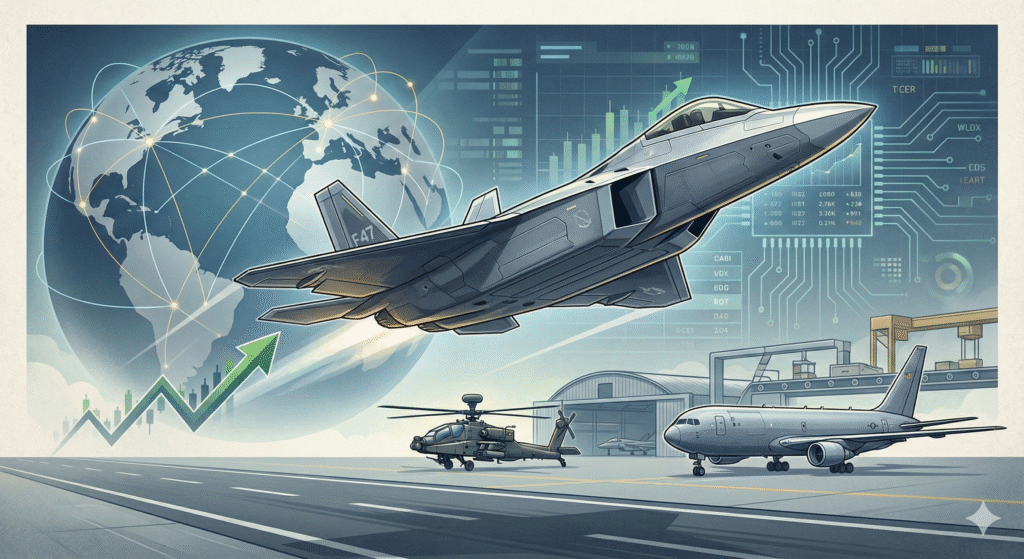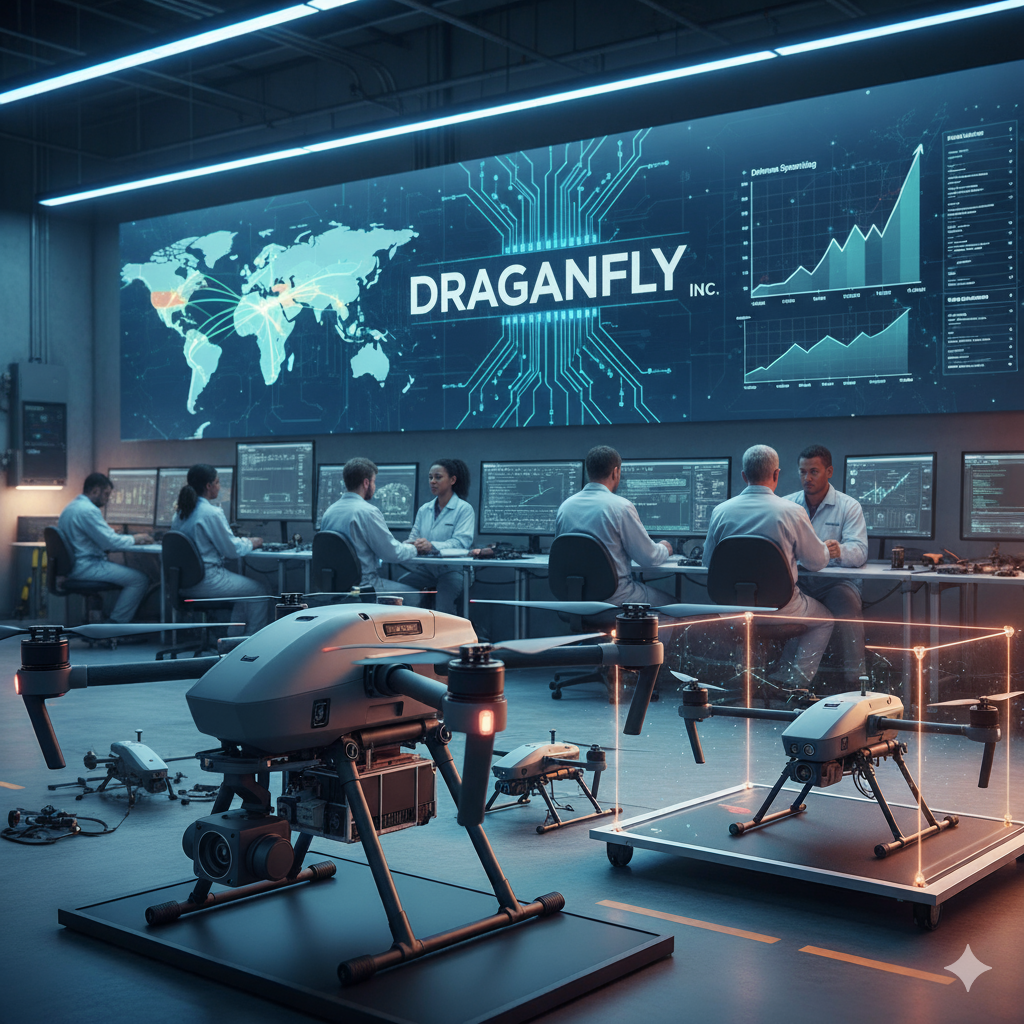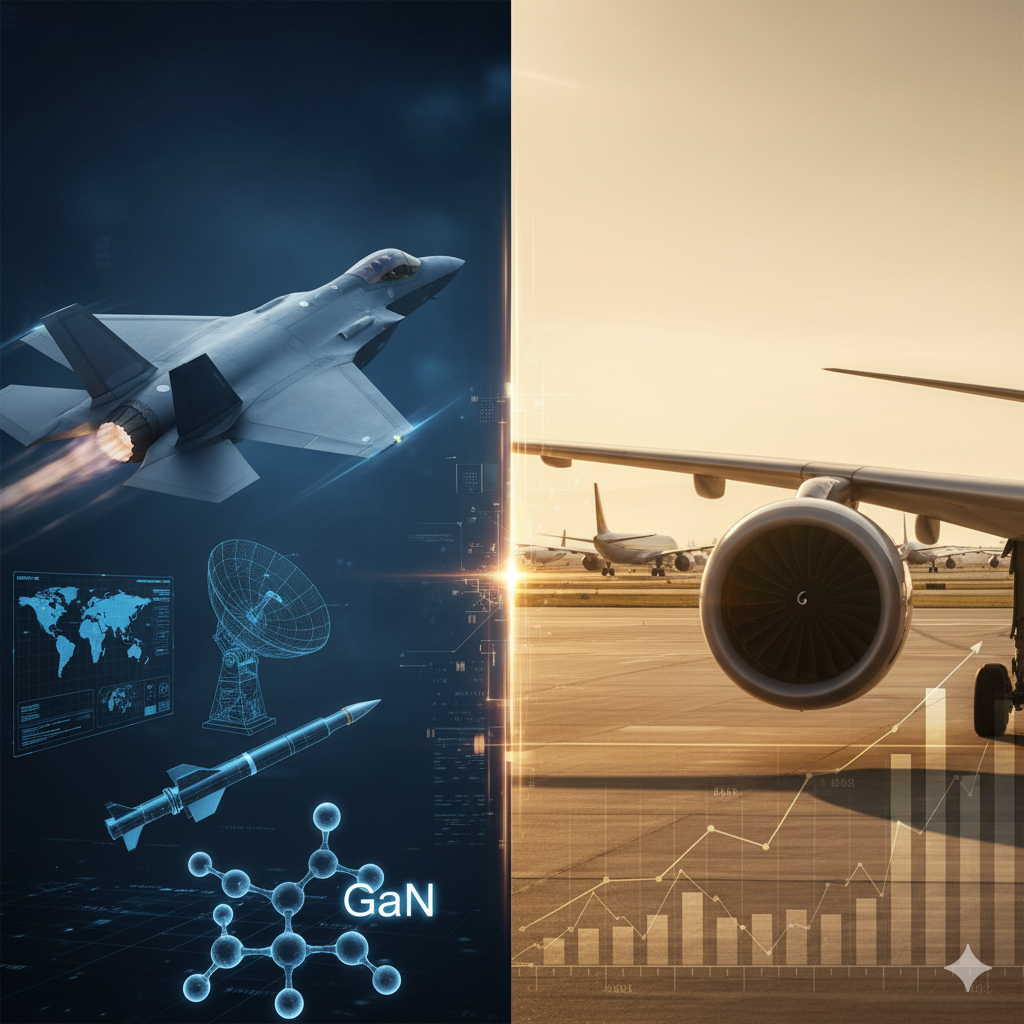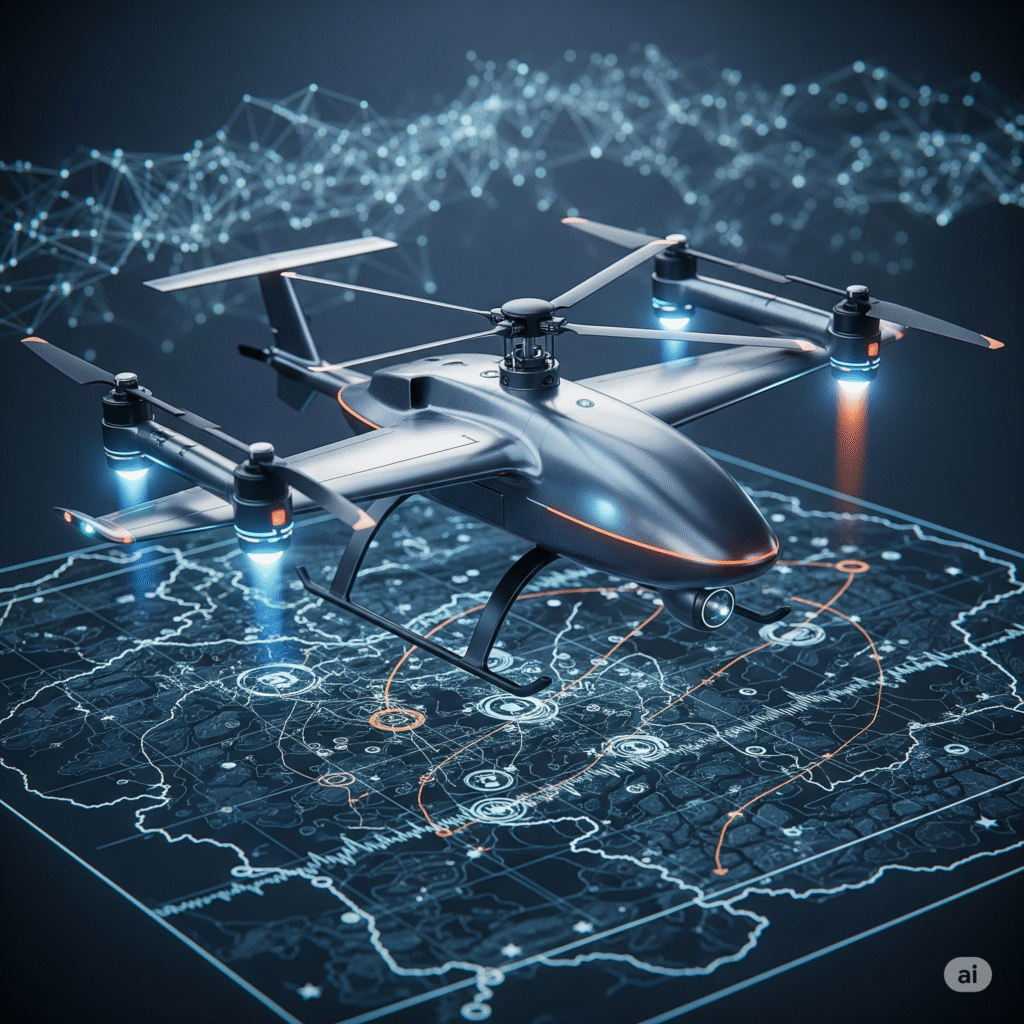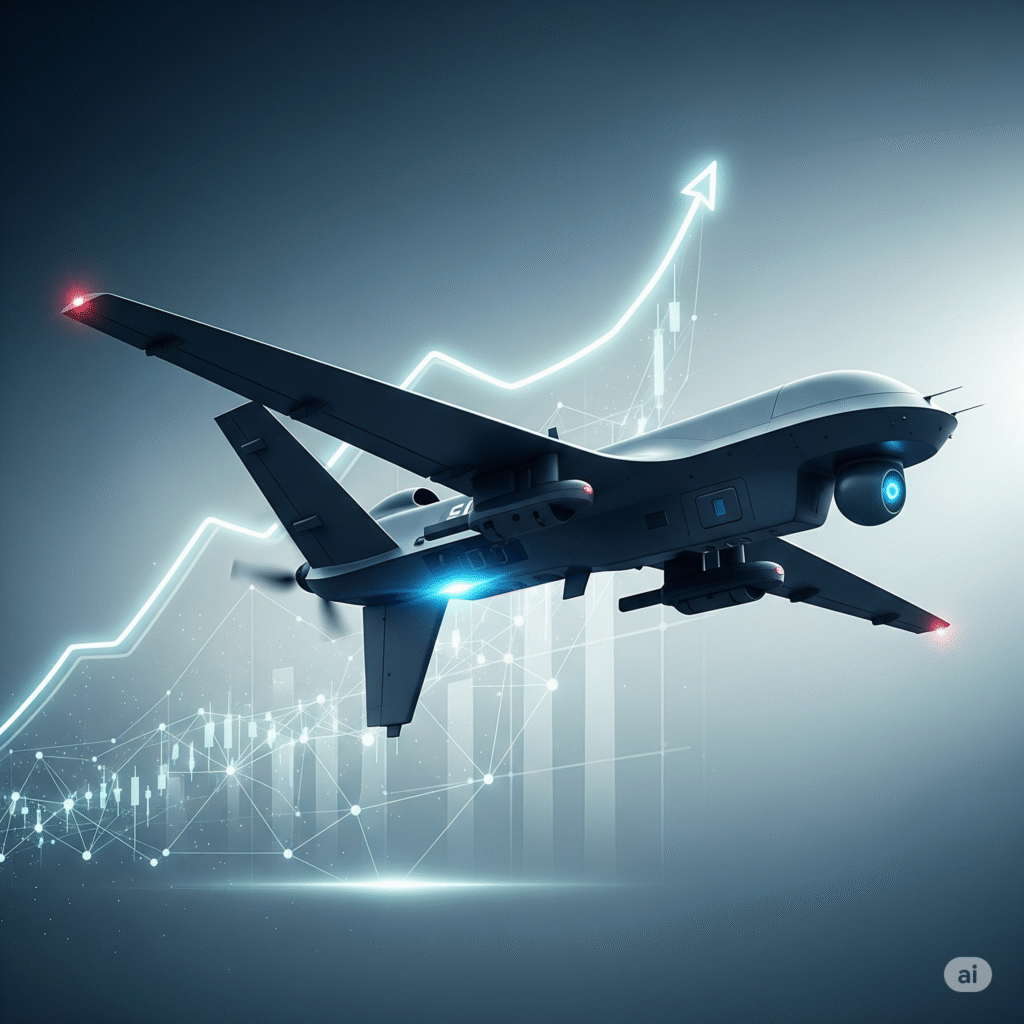BigBear.ai has emerged as a key player in the artificial intelligence (AI) and defense sectors, capturing investor attention with its innovative technologies and strategic government contracts. With substantial revenue growth and notable partnerships, the company has positioned itself as a major force in AI-driven defense and commercial applications. However, its stock’s notorious volatility raises questions about its long-term sustainability.
This article will provide an in-depth analysis of BigBear.ai’s growth trajectory, financial performance, key government contracts, strategic acquisitions, and market sentiment. We will integrate external sources to highlight how these factors shape the company’s future.
Government Contracts: The Foundation of Growth
A primary driver of BigBear.ai’s success is its ability to secure high-value government contracts. The company has won multiple contracts with the U.S. Department of Defense (DoD), reinforcing its position as a trusted AI solutions provider.
DoD Contract Wins
A recent $165 million contract from the U.S. Army underscores BigBear.ai’s ability to transform outdated systems into AI-powered platforms. This contract strengthens the company’s long-term revenue base and solidifies its foothold in defense analytics (Yahoo Finance).
Additionally, BigBear.ai secured a prime contract under the U.S. Navy’s SeaPort Next Generation program, allowing it to integrate AI-based decision-making tools for defense applications. The company also landed a pivotal assignment with the DoD’s Chief Digital and Artificial Intelligence Office, advancing its Virtual Anticipation Network (VANE) prototype to improve real-time data analysis (TipRanks).
The DoD’s continued investment in AI-driven defense solutions suggests that BigBear.ai is well-positioned for sustained revenue growth. The company’s USA Spending profile highlights these contracts, demonstrating a consistent inflow of government funds (USA Spending).
Strategic Acquisitions and Partnerships: Expanding Market Reach
$70 Million Acquisition of Pangiam
In a bold move to enhance its AI vision capabilities, BigBear.ai announced the $70 million acquisition of Pangiam, a company specializing in AI-powered facial recognition and security solutions. This acquisition will extend BigBear.ai’s reach into commercial and governmental markets, particularly in border security and customs enforcement (Washington Technology).
By integrating Pangiam’s AI-driven security solutions, BigBear.ai can tap into new revenue streams beyond defense, further diversifying its business model.
Transformational Partnership with Virgin Orbit
BigBear.ai’s partnership with Virgin Orbit is another strategic initiative aimed at integrating AI with space-based data analytics. The collaboration seeks to deploy AI-powered analytics platforms for responsive satellite launch solutions, enhancing real-time intelligence capabilities (BigBear.ai Newsroom).
This partnership signifies the company’s expansion into the commercial space sector, a high-growth industry projected to reach $1 trillion by 2040. If successful, BigBear.ai could establish itself as a leading AI player in satellite-based intelligence and predictive analytics.
Financial Performance and Market Valuation
Revenue Growth and Margins
BigBear.ai’s latest earnings report showcased impressive 22.1% year-over-year revenue growth, climbing from $34.0 million to $41.5 million. While its gross margins improved, the company remains unprofitable due to investments in technology and infrastructure.
A key concern for investors is BigBear.ai’s recurring net losses, largely attributed to the fair value of warrants and operational expenses. However, non-GAAP adjusted EBITDA improved from $0.2 million to $0.9 million, signaling progress toward profitability.
Stock Valuation and Market Sentiment
Despite its promising growth, BigBear.ai’s stock is known for high volatility. Over the past year, its share price surged by an astonishing 378%, reaching a market capitalization of approximately $2.2 billion. Analysts note that the stock trades at 11.4 times expected sales, making it undervalued compared to AI peers like Palantir Technologies.
However, historical price cycles suggest a boom-and-bust pattern, with frequent surges above $10 followed by pullbacks to sub-$4 levels. Given the Relative Strength Index (RSI) nearing 80, some analysts caution that the stock may be overbought, increasing the risk of a correction.

Challenges and Risks
While BigBear.ai’s government contracts and acquisitions paint an optimistic picture, several risks warrant attention:
- Profitability Concerns: The company’s ongoing losses could pressure its stock if revenue growth slows.
- Contract Dependence: Reliance on government contracts exposes BigBear.ai to potential funding cuts.
- Stock Volatility: The boom-and-bust cycles may deter long-term investors seeking stability.
- Regulatory Uncertainty: The AI industry faces evolving regulations, which could impact BigBear.ai’s commercial expansion.
Future Outlook
BigBear.ai’s strategic moves indicate a long-term vision centered on AI-driven defense and commercial intelligence. Its backlog of $437 million in contracts, combined with strategic acquisitions and partnerships, sets the stage for future expansion.
Management projects revenues between $165 million and $180 million by year-end. If the company successfully navigates its cost structures and increases operating margins, it could transition from a speculative AI stock to a dominant force in defense analytics.
Conclusion
BigBear.ai represents an exciting yet volatile investment opportunity. Its strong contract wins strategic acquisitions and commercial expansion into AI-driven security and space intelligence positioning it for sustained growth. However, investors should weigh the risks of profitability challenges and market volatility before making long-term commitments.
For those willing to embrace risk, BigBear.ai could be a high-reward AI defense stock poised to capitalize on the next wave of government and commercial AI innovation.
























